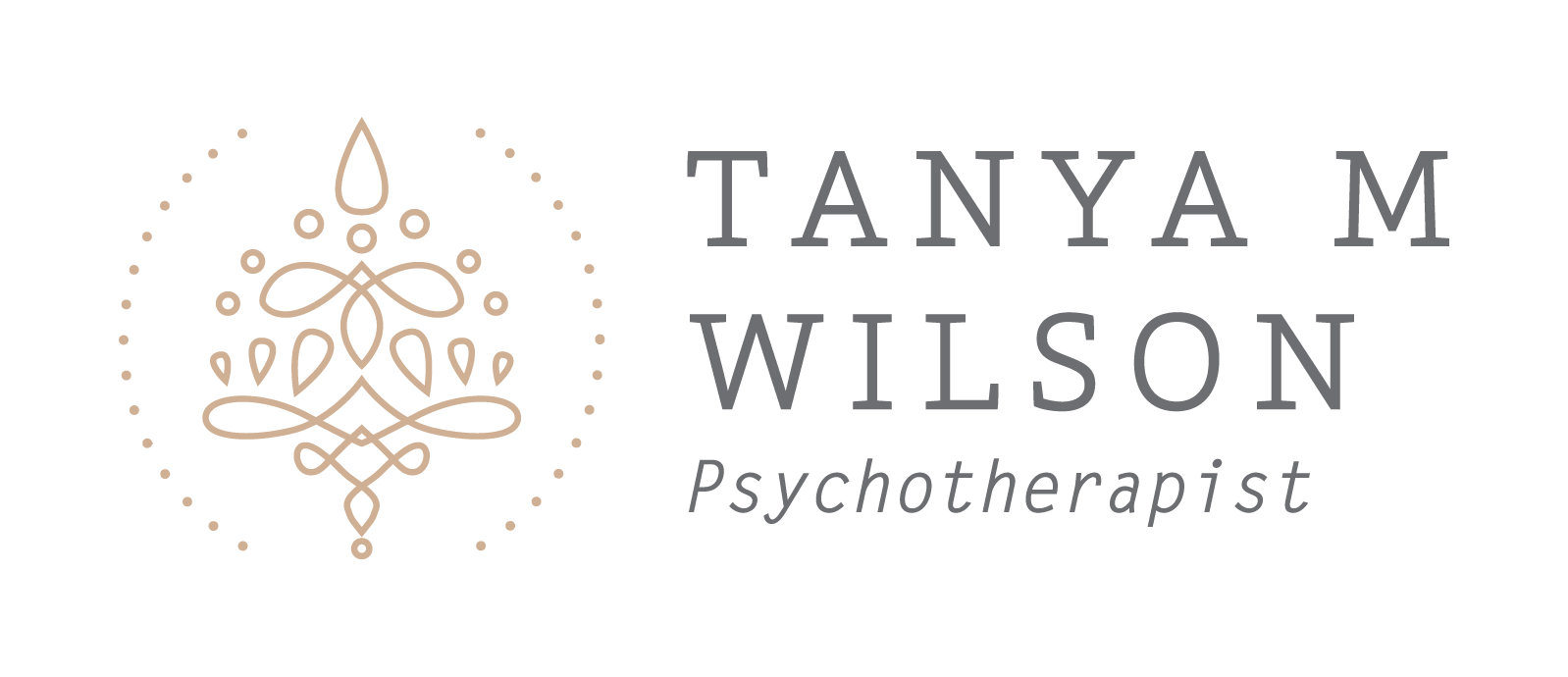The attitude of self care shows up in our conduct and the way we interact with others. In particular, how we teach others (with our actions, words, behaviours etc) to treat us.
Let’s assume you are in a romantic relationship. The person you are involved with consistently doesn’t follow through with promises or habitually doesn’t show up when they have said they are going to. If this doesn’t feel good for you (as is natural and expected) you may feel let down or disrespected. If you don’t discuss your feelings with your partner and you continue to let this behaviour become the norm, you may be giving yourself (and the other person) an indicator that their current level of behaviour is not only acceptable to you but their needs and wants are more important than your feelings. And ultimately, more important than you.

By discussing with your partner how you feel when they repeat behaviour that makes you feel negative emotion, you are instantly giving your inner self the signal that you are valuable.
Importantly, by expressing how you feel, you are reminding yourself, ‘I am valuable and the way I feel and how I would like to be treated is important.’ The deep, inner part of yourself hears and recognises these choices you make when you interact with others. And interprets them as unmissable indicators of your own value.
I am valuable and the way I feel and how I would like to be treated is important.
The importance of value
In the example above, if you said nothing but continued to feel upset, let down or disrespected, you are really indicating to your deep, inner self that you lack value or are undeserved.
Conversely, when you verbalise how you want to be treated, when you ask for what you need or want (regardless of the response or outcome) you are reinforcing your value.
Our sense of value is simply another way of describing self esteem. And often our sense of self, our value and our self esteem have been negated or diminished during the process of our lived experience.
Day to day
Additionally, if we listen to our own vocabulary and observe the day to day choices that we make as we interact with our world, we will begin to understand and pinpoint where our current attitude of self care is. Do you allow others to always go first? Do you act submissive so as not to cause a scene or create tension? Are you flexible with others, even when it is to the detriment of yourself or your children or family? These behaviours are key to realising your level of self care and the value you show yourself.
So, what does it look like to truly care for the self? Self care forms a part of self realisation or the process of transformation that Jung refers to as individuation.
Alignment with the self
In every interaction, I understand my value and my worth.
To truly care for the self is a means of being in alignment with self. Where the inner and outer self understands its inherent value and are all on the same page. It’s where your outer world will reflect your inner world. And you will no longer have to keep applying those Band-Aid effects to regain a sense of peace and tranquillity. You can still get the massages, facials and have the herbal tea and couch nights. And they will feel extra special and not just like damage control.
Make the decision to reinforce to yourself that ‘in every interaction, I understand my value and my worth. And when I truly understand this inherent value and worth of the self, I automatically want to take full responsibility for myself, so that others don’t need to take up the slack.’
And the best part? It becomes a deeply nourishing and profound perpetual evolution. The more you self care, the more you self care!
Download your FREE copy of my new book The New Self Care.


